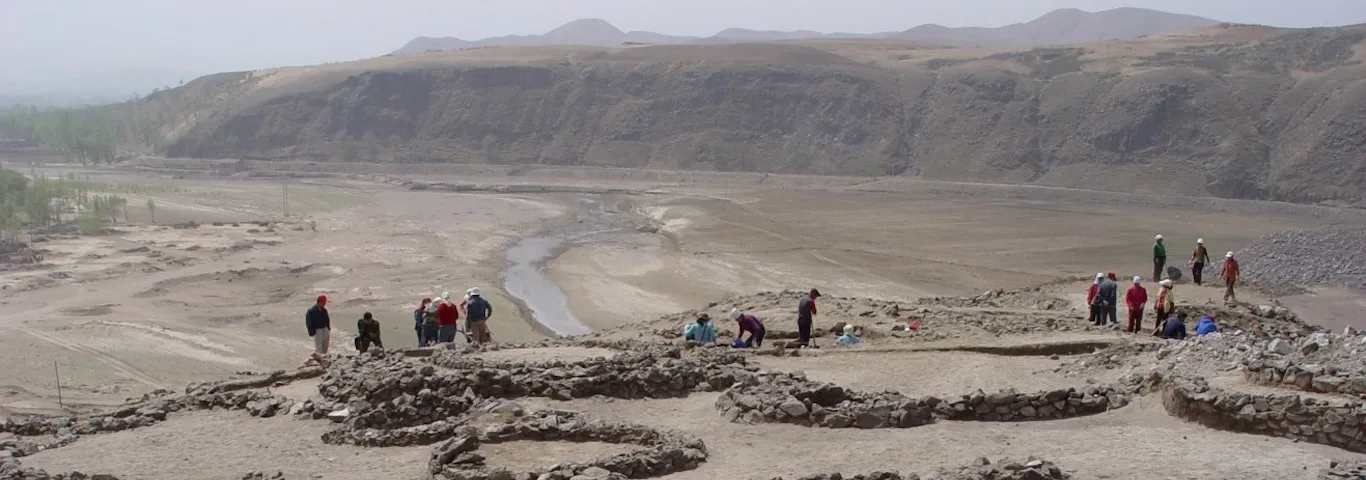Why archaeology?
Archaeology faculty and graduate students at Washington University in St. Louis are engaged in active field research across North and South America; East, Southeast, and Central Asia; and Africa. Although our research intersects with many diverse themes and debates within the field of Anthropology, we have notable strengths in the archaeological study of emergent social complexity in small-scale societies; social, political, economic, and ritual variability among hunter-gatherers and pastoralists; development of food production; environmental archaeology; and landscape archaeology.
Archaeology doctoral students at Washington University receive generous funding. Weekly meetings of the archaeological community at the Friday Archaeology Speakers Series and interactions among faculty and students promote scholarly collaboration and a collegial atmosphere. Archaeology doctoral students enjoy diverse courses, interdisciplinary lectures, dynamic laboratory research settings and access to departmental office space.
Our Research
Our research utilizes a varied array of methods, but we have particular specialization in paleoethnobotany, zooarchaeology, isotopic analysis, Geographic Information Systems (GIS), geoarchaeology, and ceramic analysis. Faculty members maintain active research projects and graduate students both participate with faculty in research and also undertake their own projects.





